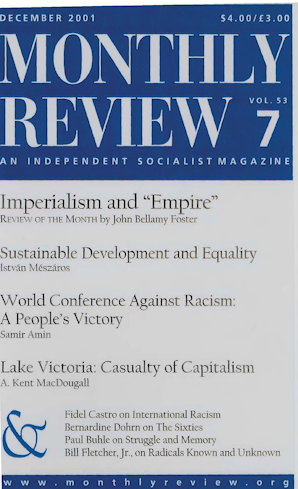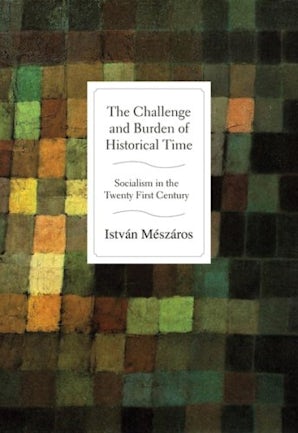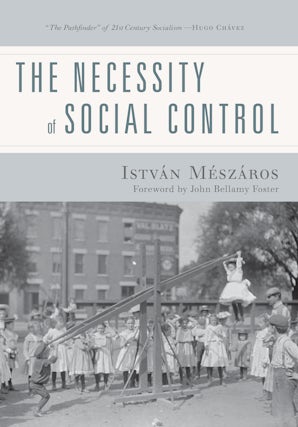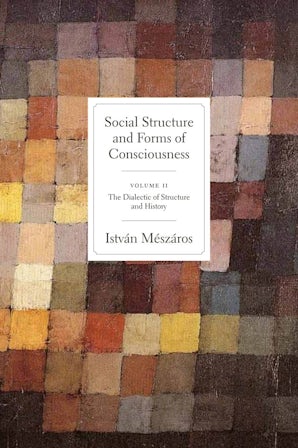Also in this issue
Books by István Mészáros
Beyond Leviathan
by István Mészáros
Edited by John Bellamy Foster
The Challenge and Burden of Historical Time
by István Mészáros
Foreword by John Bellamy Foster
The Necessity of Social Control
by István Mészáros
Foreword by John Bellamy Foster
Social Structure and Forms of Conciousness, Volume 2
by István Mészáros
Socialism or Barbarism
by István Mészáros
Article by István Mészáros
- Preface to Beyond Leviathan
- Capital's Historic Circle Is Closing: The Challenge to Secure Exit
- From Primitive to Substantive EqualityÑvia Slavery
- The Critique of the State: A Twenty-First Century Perspective
- Reflections on the New International: Dedicated to the Memory and Legacy of President Hugo Chávez
- Structural Crisis Needs Structural Change
- The Dialectic of Structure and History: An Introduction
- The Communal System and the Principle of Self-Critique
- Bolívar and Chávez: The Spirit of Radical Determination
- The Only Viable Economy






